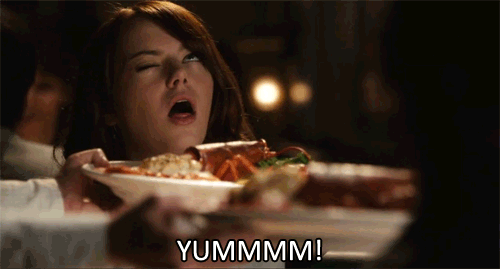
How often have you sculled a delicious beverage? Or scoffed down a tasty meal without even thinking about how the food was prepared or how the flavours complement each other?
What we are forgetting to do when we follow this behaviour is savour. Even moving away from the experience of food, sometimes we’re so preoccupied thinking about what to do after a beach walk that we forget to watch the waves, listen to the sea gulls and really feel the sand between our toes.
While savouring involves pleasure, it is in fact more than that. It involves mindfulness and “conscious attention to the experience of pleasure”. When we are more aware, we notice and acknowledge pleasure., whether that be through feelings and emotions or through a stimulation of our senses. What this allows us to do is filter out distractions, and become awed by being in the world.
The savouring experience

Ever experienced a moment that you will never forget? This is savouring! When we reflect back on a treasured moment, often we can remember exactly what we were wearing, the smell in the air and the temperature outside because our minds took a mental photograph and we savoured a memory.
Practicing savouring is practicing mindfulness
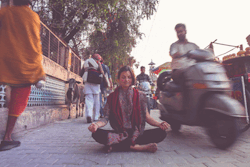
Often we don’t find satisfaction from mindlessly doing. We can appreciate something more when we take the time to savour the thing and therefore experience a deeper level of gratitude.
Thich Nhat Hanh, one of the greatest mindfulness zen masters of our time, teaches us that “Each minute we spend worrying about the future and regretting the past is a minute we miss in our appointment with life – a missed opportunity to engage life and to see that each moment gives us the chance to change for the better, to experience peace and joy.”
And like most things, it’s a practice
The health benefits of savouring
And if you weren’t already convinced, savouring is actually good for your health! For example, positive psychologists have found that savouring is protective against depression, while dieticians have found savouring food is both better for digestion and an excellent way to keep that bikini bod in shape.
So what can I learn to savour?
Often when we think of savouring, we think: wine. Sommeliers and amateur wine tasters are good examples of people who practice savouring.
But as we’ve already mentioned, almost everything can be savoured. Bread can be savoured. The moment can be savoured. Even places can be savoured. So now we’ll consider how you can learn to savour what is lauded as the best drink of the day: tea.
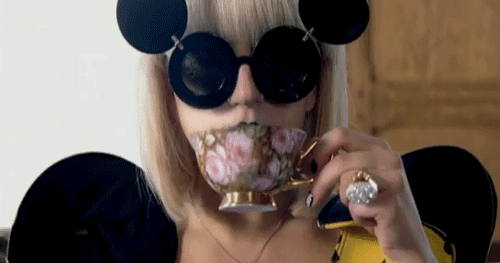
Next to water, tea is the most widely consumed beverage in the world. Although we often refer to the long history of alcohol in human society, tea is another substance that can compare in terms of cultural significance.
We have a few ideas to get you on your way to becoming a tea connoisseur by practicing the art of savouring:
How to savour tea
- Perform a tea ritual, where the process is not about actually drinking the tea but all about preparing and serving.
- Do an at-home tea tasting and see if you can guess between a cuppa of Oolong or Matcha.
- Head to a tea festival.
- Experiment with tea and food pairings.
- Have some ‘me’ time and put the kettle on before picking up a good book and crashing on the couch.
- Learn to read tea leaves to predict the future.
- Master the craft of brewing the perfect cup of tea.
The best thing about savouring?

You can do it whenever, wherever. And if you happen to be around Sydney in October and want to put your new skills to the test, sink your teeth into Sydney’s Good Food Month and savour the flavours.
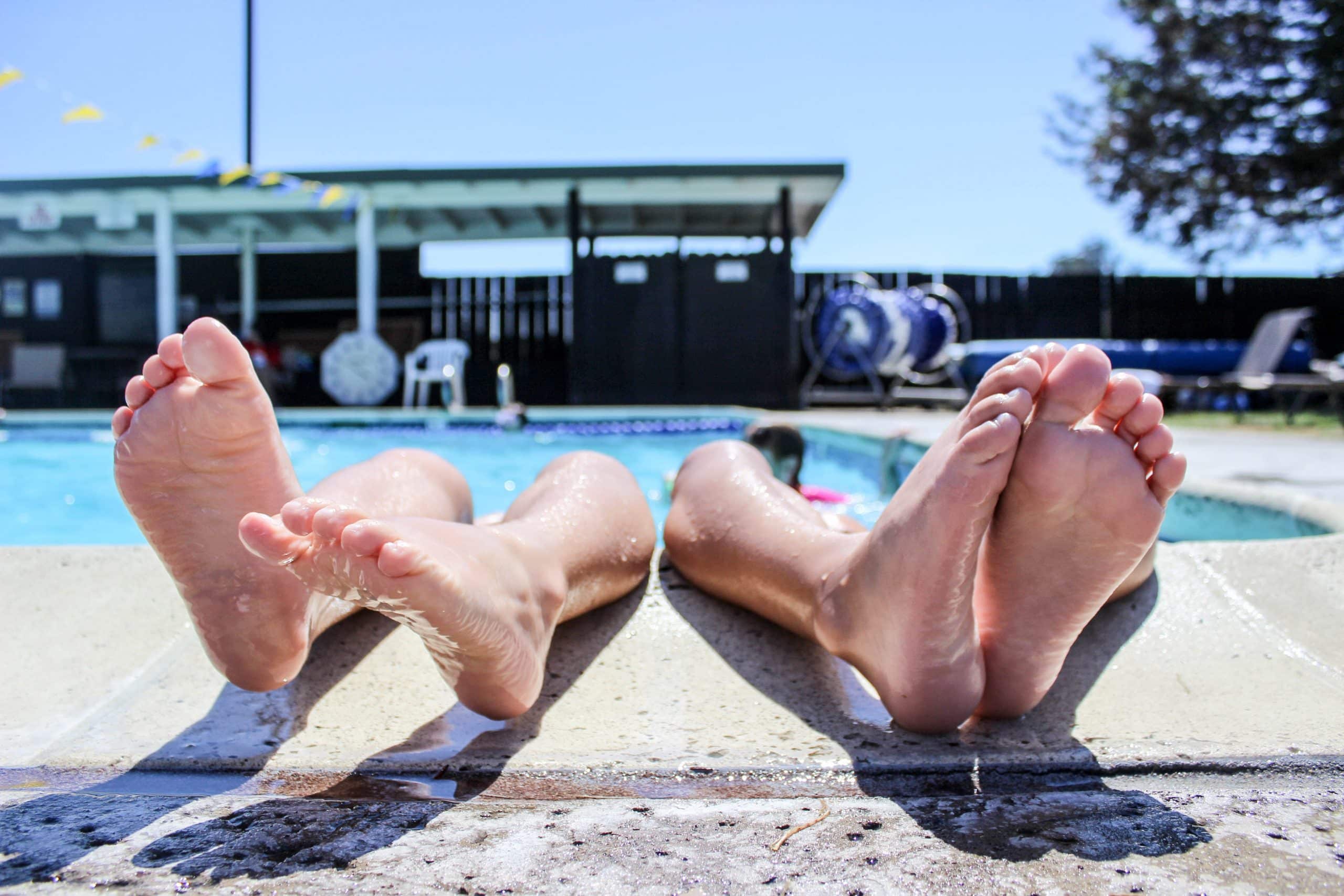
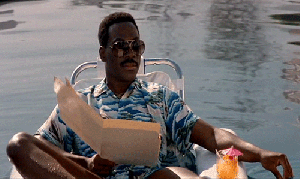
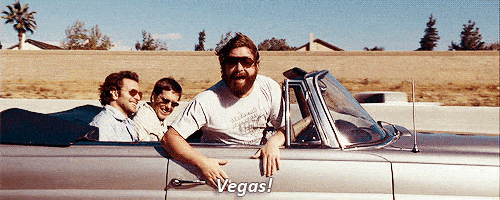


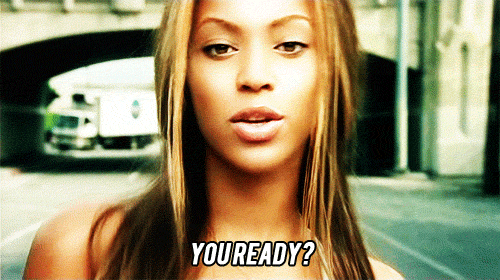

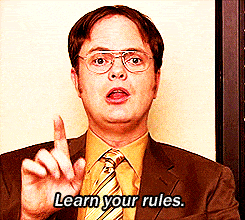
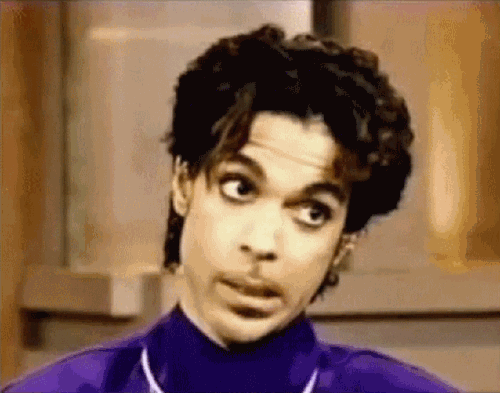
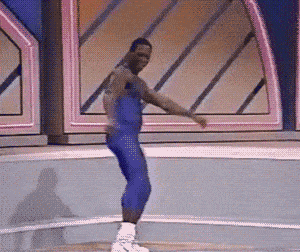


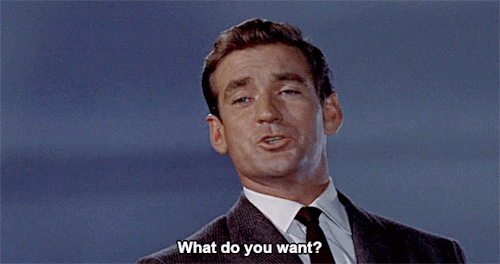


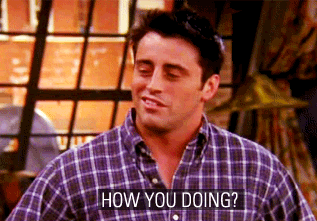







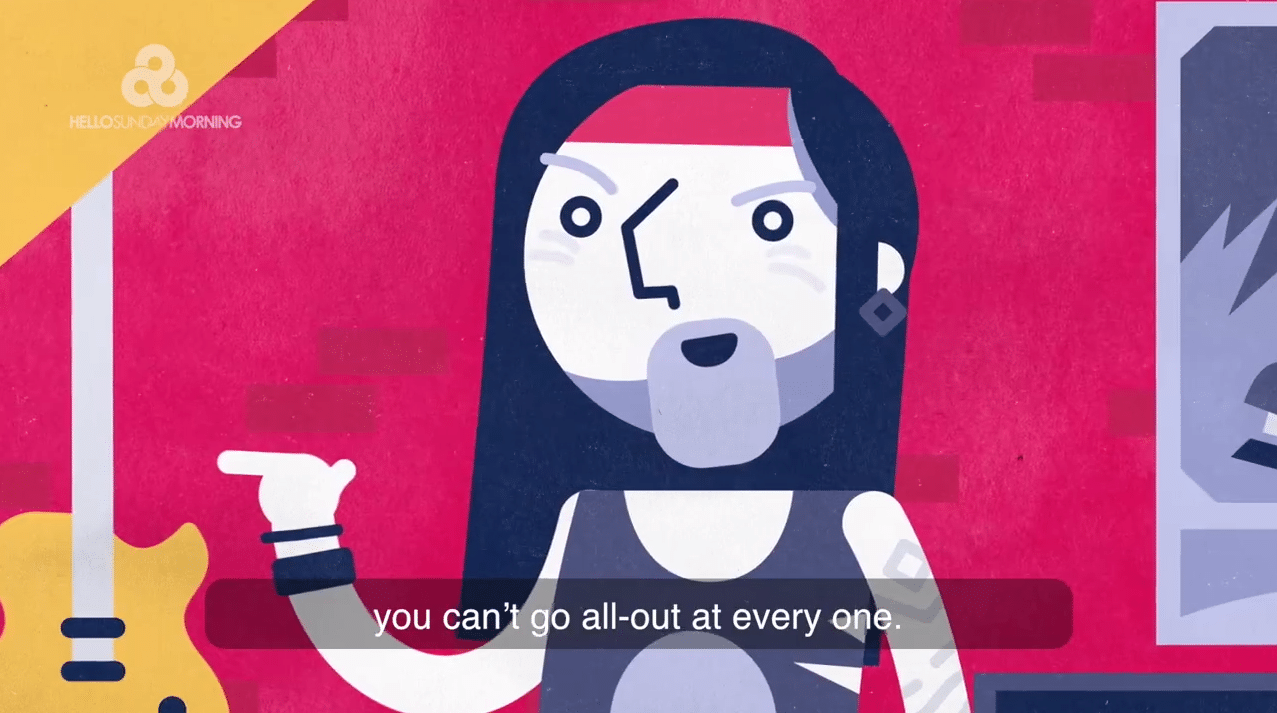 Realistically, you just can’t go all-out at every gig
Realistically, you just can’t go all-out at every gig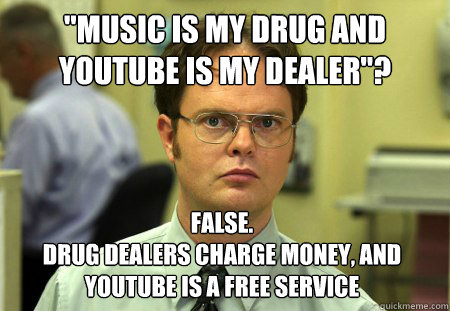 or a head-banging
or a head-banging  Discover the experience and create memories.
Discover the experience and create memories.





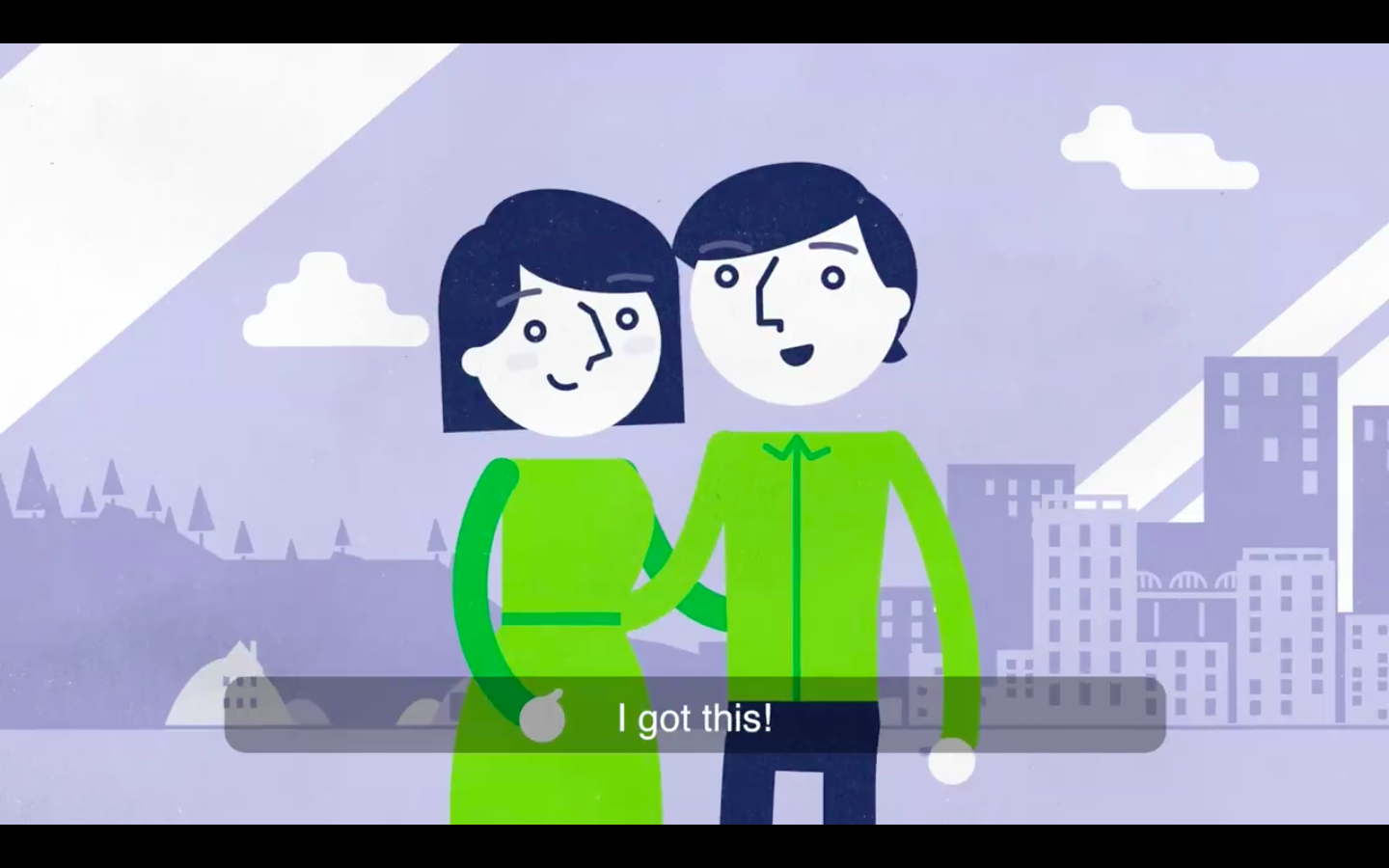 Let’s be honest: appearances do count.
Let’s be honest: appearances do count.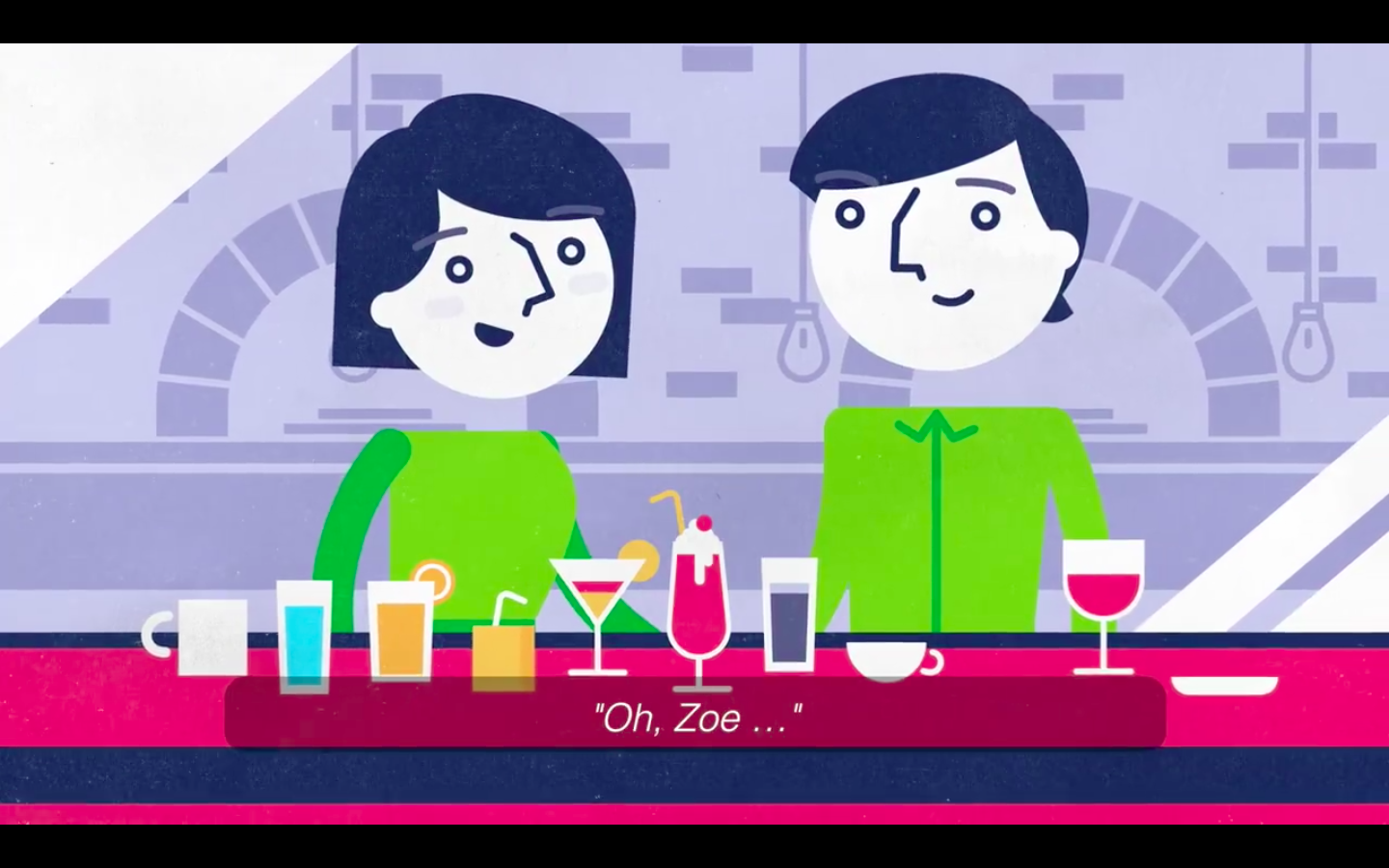 Plan your drinking ahead of time.
Plan your drinking ahead of time.